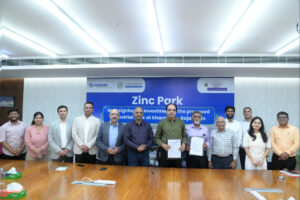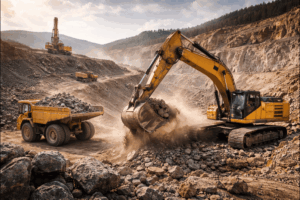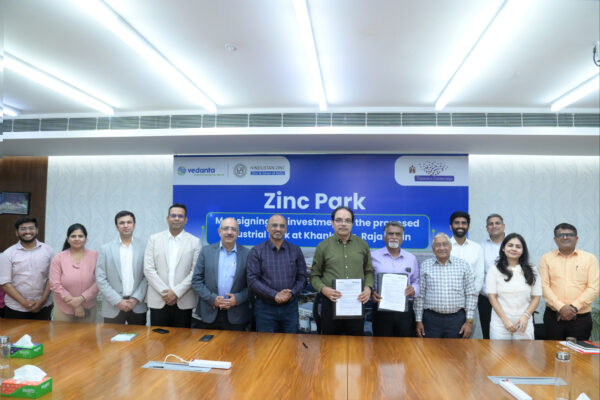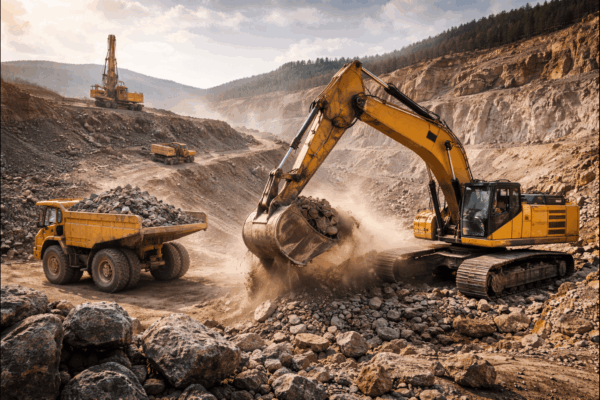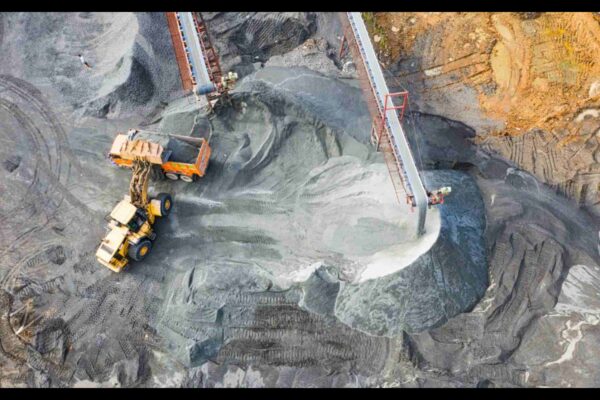Chief Minister of Odisha Mohan Majhi breaks ground for IMFA’s expansion plant in Kalinga Nagar Industrial Complex
Founded by the late Dr. Bansidhar Panda, credited with laying the foundation for Odisha’s industrial growth, Indian Metals and Ferro Alloys (IMFA) conducted the groundbreaking ceremony for its new state-of-the-art plant in Kalinga Nagar. The Chief Minister of Odisha, Mohan Majhi, performed the ritual in the presence of Minister of State (Independent Charge) Industries Sampad Chandra Swain, Minister of State (Independent Charge) Co-operation Pradeep Bal Samanta, Jajpur MP Rabindra Narayan Behera, Odisha MLAs Akash Das Nayak and Amar Nayak and senior IMFA members.
Chief Minister Majhi has focused on industrial development of Odisha in the past one year. This is evident from the Make-in-Odisha Conclave commitments that have been converted to reality with companies from across India and abroad beginning groundwork for their projects in the state already.
IMFA’s Kalinga Nagar facility, spread across 124.26 acres, will produce 100,000 metric tonnes of ferro chrome annually. With Phase 1 expected by Q1 FY2026-27, the plant will feature cutting-edge technology and complement IMFA’s integrated sites at Choudwar and Therubali—enhancing its total production capacity to 3,84,000 tonnes and reinforcing its position as India’s leading producer of value-added ferro chrome.
Highlighting the project’s significance, Subhrakant Panda, Managing Director of IMFA, stated, “We remain deeply committed to Odisha’s development. This facility will not only elevate the state’s industrial credentials but also support IMFA’s growth through sustainable and advanced practices.”
A pioneer in ferro alloys, IMFA has tied up with leading RE companies for hybrid renewable energy to power the smelting process at the Kalinga Nagar facility. This will not only enhance IMFA’s green credentials but is also a proactive step towards building a greener future; in turn supporting India’s mission of achieving net-zero emissions by 2070.



